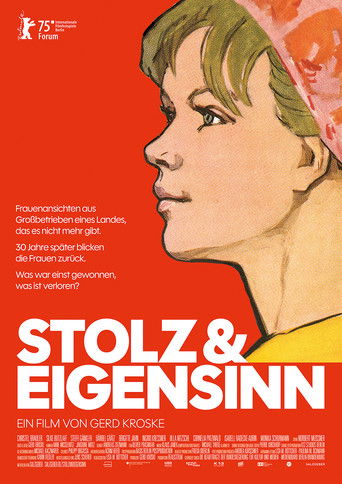
09 Oct 2025

Pride & Attitude
The viewpoints of women from a country that no longer exists preserved on low-band U-matic tape. GDR-FRG. Courageous, self-confident and emancipated: female industry workers talk about gaining autonomy.
In interviews, several important GDR personalities and also GDR citizens comment on the events of October 1989.

09 Oct 2025

The viewpoints of women from a country that no longer exists preserved on low-band U-matic tape. GDR-FRG. Courageous, self-confident and emancipated: female industry workers talk about gaining autonomy.

16 Jul 2024

No overview found
01 Jan 1980
Short film about astronauts in the GDR
05 Oct 1993
The army of the GDR, called NVA had not survived the reunification of Germany, it was completely absorbed by the Bundeswehr and scrapped subsequently. But what apparently went on so smoothly as a peaceful unification of hostile brothers quietly left deep scars in the East German landscape.
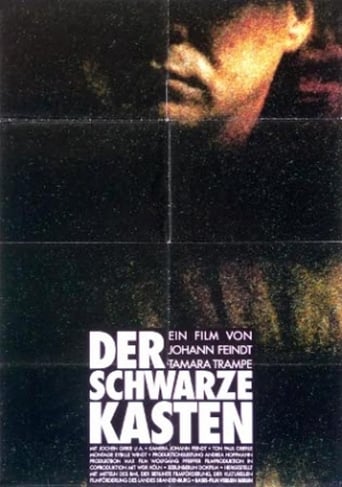
11 Jun 1992

Interview with Jochen Girke, a retired East German Stasi agent, filmed March, 1990 to June, 1991. Questions explore his study of psychology for use as a filmmaker and trainer of interrogators and informers. Segments include conversations with his parents, teacher, former girlfriend and wife.
07 Nov 2019
No overview found
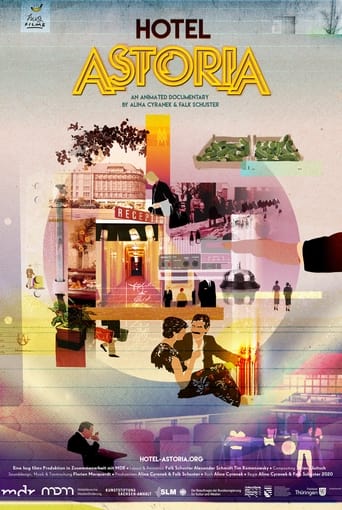
28 Oct 2020

At Hotel Astoria, the former hotspot of Leipzig, guests were served champagne and turtle soup while the Stasi listened in. Animated memories from times gone by.
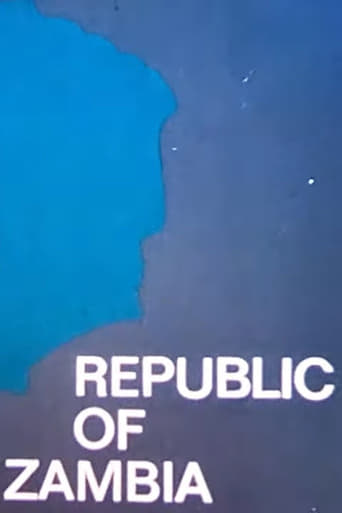
01 Jan 1979

Erich Honecker visits the Republic of Zambia
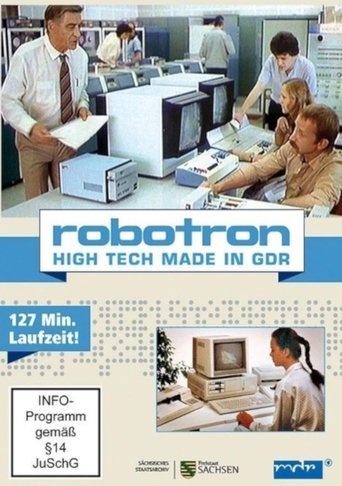
01 Jan 2013

In a world divided by the Iron Curtain, East Germany sought to carve its niche in the technological race. Enter "Robotron" - a name that seamlessly blended "robot" and "electronics." This wasn't just a brand; it was an ambitious answer to the West's technological advancements, a testament to the GDR’s drive to match, if not surpass, Western innovation. Drawing inspiration from the corporate giants of the West, the GDR‘s government merged various businesses to form this tech behemoth. With 16 major hubs in Central Germany alone, it was clear: "Robotron" was to be the DDR's technological crown jewel. But what was the Socialist Unity Party (SED), the GDR's ruling party, envisioning with this grand venture? How did "Robotron" navigate the challenges of operating within a socialist planned economy, while striving for global excellence? And as it grew to dominate East Germany's tech landscape, why did it always seem to be one step behind the leading global tech powers?
01 Jan 1988
Documents the remodeling of the Ostbahnhof in Berlin Friedrichshain into the central station of the GDR.
01 Jan 1963
Short film about the GDR state border
01 Jan 1975
East German short film

01 Jan 1982

Documents the work of youth work action on construction sites in East Berlin.
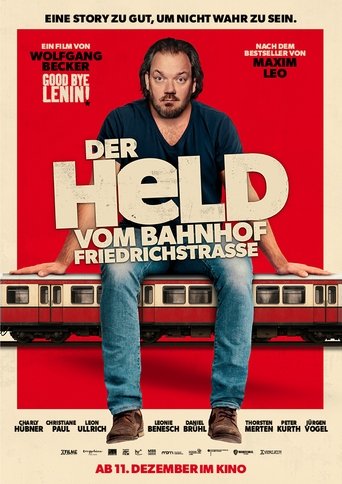
11 Dec 2025

All his life, Michael Hartung, owner of a hopelessly debt-ridden video store, has bet on the wrong horse. When an ambitious journalist confronts him with the results of his research, everything changes for the charmingly melancholy Micha. Many years ago, as an employee of the Reichsbahn, he is said to have organized the largest mass escape in the GDR. Stasi files prove the case. He was apparently even imprisoned and then deported to an open-cast lignite mine. Seduced by a lavish salary, Micha confirms the story, although only fragments of it are true.

09 Apr 1992

Erich Kasulke and Rudolf Portmann are comedian stars of the former GDR. When the Wall falls, so does their success. Portmann becomes a successful businessman, while Kasulke tries to continue working on the comedy circuit - without success. When his wife also cheats on him, he decides to start a new life in Berlin. There he quickly meets his old friend Portmann, who has built up a huge company. He offers him a job. But Erich puts the entire company in danger...
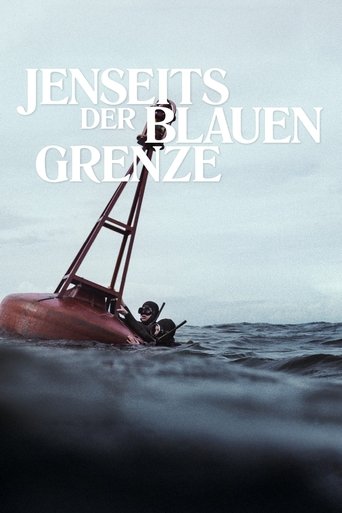
03 Oct 2024

GDR, August 1989: Hanna and Andreas became a target of the secret police and had to give up their plans for their future studies and desired professions. Instead, they face arbitrariness, mistrust and reprisals. Their only chance for a self-determined life lies in fleeing across the Baltic Sea. Fifty kilometres of water separate them from freedom - and only a thin connecting rope around their wrists saves them from absolute loneliness.
01 Jan 2004
Our own 20-minute film documentary accompanied the public relations work of the HIB ("Homosexual Interest Group Berlin") from 1977 onwards, for example at a GDR-wide lesbian meeting in East Berlin in 1978. In the HIB there was a cameraman with his Super8 camera, a recently graduated television director, a script team, an actor, someone to carry the camera tripod and the will to capture our work on film (Peter Rausch). From 1973 to 1979, the "Homosexual Interest Group Berlin" (HIB) operated in the capital of the GDR. Its core objective was to create a counseling and communication center for queer GDR citizens (the term "queer" was not yet a term of the new emancipation movement at the time, but it did form the basis of the HIB's work). Film clips in Super 8 format soon became part of the HIB's presentation. At the time, Bodo Amelang had compiled further clips as independent small film contributions in a "kaleidoscope".

30 Jun 1896

A group of people are standing along the platform of a railway station in La Ciotat, waiting for a train. One is seen coming, at some distance, and eventually stops at the platform. Doors of the railway-cars open and attendants help passengers off and on. Popular legend has it that, when this film was shown, the first-night audience fled the café in terror, fearing being run over by the "approaching" train. This legend has since been identified as promotional embellishment, though there is evidence to suggest that people were astounded at the capabilities of the Lumières' cinématographe.
25 Aug 2001
A German Documentary about the “village of friendship” that was created by American Veteran George Mizo to help the Vietnamese kids suffering from the Vietnam War.
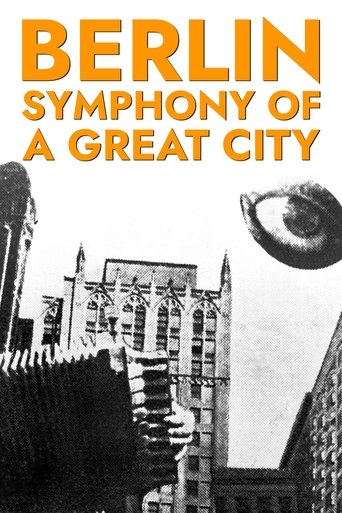
23 Sep 1927

A day in the city of Berlin, which experienced an industrial boom in the 1920s, and still provides an insight into the living and working conditions at that time. Germany had just recovered a little from the worst consequences of the First World War, the great economic crisis was still a few years away and Hitler was not yet an issue at the time.